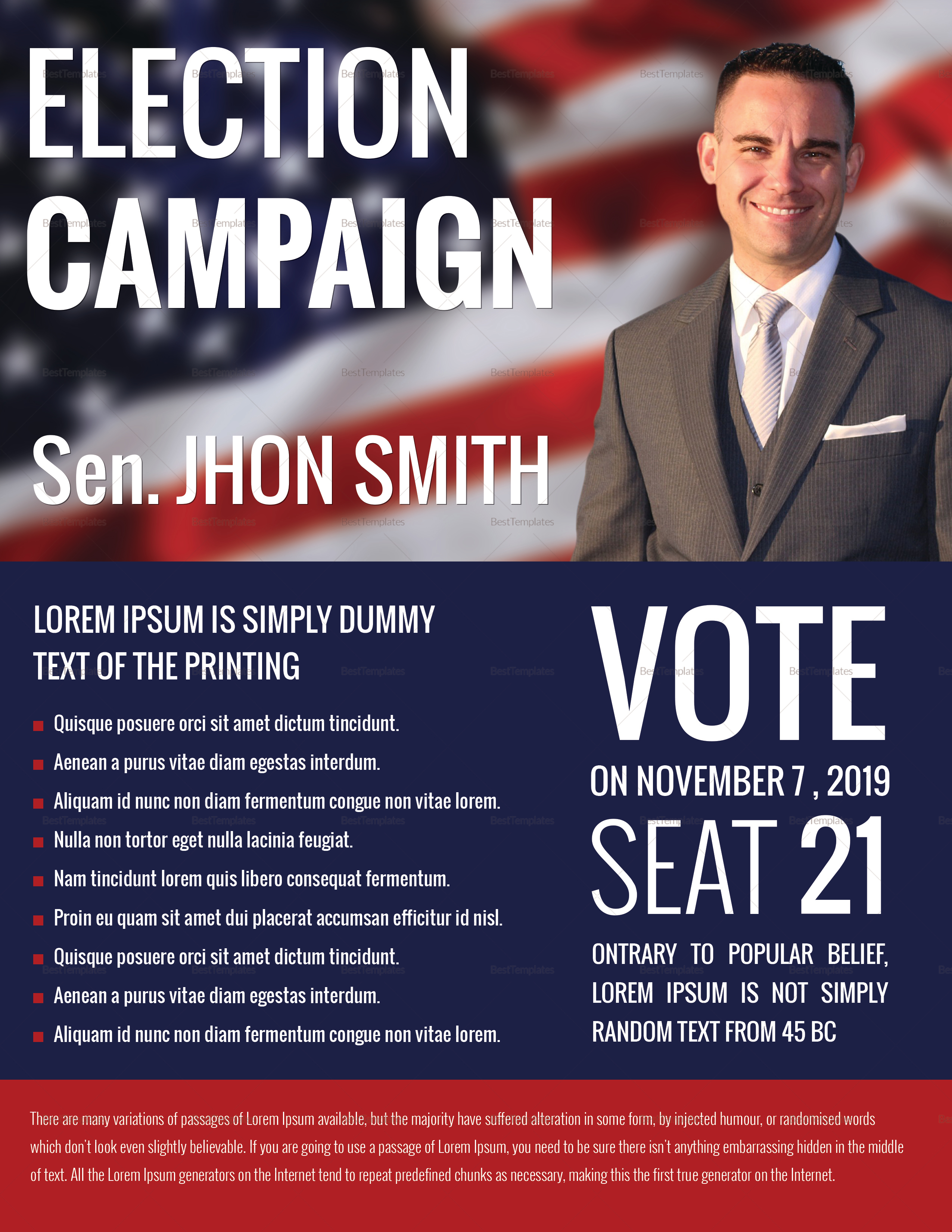상담완료 | Thorsten님의 문의
페이지 정보
작성자 Thorsten 작성일24-07-02 06:31 조회10회 댓글0건관련링크
본문
이메일 : thorstenmcgough@gmail.com 연락처 : 예식일 : Exploring the Latest Government News 문의내용:
 Surfacing modern technologies, such as virtual reality and information analytics, are also positioned to change exactly how sporting activities are consumed, experienced, and recognized in regard to broader societal trends. The intersection of politics, sporting activities, and information presents both challenges and opportunities for stakeholders in these areas, requiring a nuanced understanding of just how their activities and choices reverberate across interconnected systems. As we browse this complicated landscape, one point remains clear: the discussion between national politics, sports, and information is much from over, with each world affecting and shaping the others in a vibrant interplay of power, passion, and possibility.br/ >
Surfacing modern technologies, such as virtual reality and information analytics, are also positioned to change exactly how sporting activities are consumed, experienced, and recognized in regard to broader societal trends. The intersection of politics, sporting activities, and information presents both challenges and opportunities for stakeholders in these areas, requiring a nuanced understanding of just how their activities and choices reverberate across interconnected systems. As we browse this complicated landscape, one point remains clear: the discussion between national politics, sports, and information is much from over, with each world affecting and shaping the others in a vibrant interplay of power, passion, and possibility.br/ >
National politics puts in a significant impact on the globe of sporting activities, affecting everything from athlete eligibility to organizing rights for significant tournaments. Government policies, financing decisions, and international connections all play a role fit the sporting landscape, determining where competitions are held, which professional athletes can take part, and how sporting activities are controlled at both the national and worldwide levels. The junction of national politics and sporting activities is possibly most noticeable during mega-events such as the Olympics, where geopolitical stress and diplomatic factors to consider often come to the fore.br/ >
Social media has played a significant function in magnifying these voices, offering athletes with a straight channel to involve with fans, share their perspectives, and mobilize assistance for different reasons. Platforms like Twitter, Instagram, and TikTok have become effective tools for professional athletes to bypass typical media gatekeepers and directly shape the story around their advocacy. The immediacy and reach of social networks have changed exactly how political problems are talked about on the planet of sporting activities, providing professional athletes unprecedented agency in driving discussions and effecting change.br/ >
Among the enduring disputes in this world is the inquiry of whether sports organizations and regulating bodies should take a stand on political problems. From human rights violations in host nations to prejudiced policies within sporting activities leagues, the stress is placing on sports organizations to align their experiment wider honest considerations. The stress in between industrial interests, political stress, and social values emphasizes the intricacies inherent in the intersection of sporting activities and politics, raising questions about liability, stability, and the role of athletes as agents of change.br/ >
In addition, the presence of political leaders and policymakers in sporting activities administration bodies additionally underscores the intertwined nature of these worlds, highlighting how decisions made in the political ball can have far-reaching consequences for professional athletes, teams, and fans. The influence of politics on sporting activities is not restricted to logistical factors to consider; it likewise reaches broader issues such as civils rights, sex equality, and anti-discrimination initiatives, where political choices can shape the standards and worths maintained within the sporting community.br/ >
Furthermore, sports as a social phenomenon have the power to go beyond borders and unite individuals throughout political separates. International competitions function as arenas of diplomacy, fostering dialogue and understanding between nations even in times of dispute. The shared enthusiasm for sports can link ideological differences and create common ground for collaboration, demonstrating the unifying potential of athletic ventures in a politically billed world.br/ >
Throughout background, there have been numerous instances where national politics and sports intersected in impactful means, leaving a long lasting imprint on both worlds. Among one of the most iconic examples is the 1936 Berlin Olympics, where Adolf Hitler's regimen looked for to make use of the Games for propaganda objectives, just to be outweighed by the triumph of Jesse Owens, an African American athlete who won 4 gold medals and tested the Nazi ideological background of racial prevalence. This watershed minute highlighted the power of sports to resist political narratives and motivate hope when faced with oppression.br/ >
Among this merging, the boundaries in between these domains blur, generating a landscape where sports events end up being fields for political declarations, and political numbers make use of sports as a way of getting in touch with the public. Whether via diplomatic boycotts of significant showing off occasions or athlete-led demonstrations on social justice concerns, the interplay of national politics, sports, and news continues to advance, shaping narratives that reverberate far beyond the playing field.br/ >
댓글목록
등록된 댓글이 없습니다.

